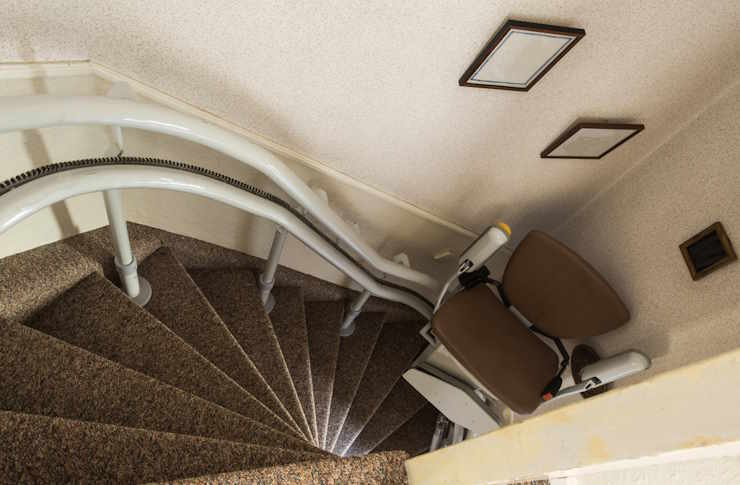Understanding Cremation Services: Pricing and Local Options
Cremation has become an increasingly popular end-of-life option for many families seeking a dignified and often more affordable alternative to traditional burial. This comprehensive guide explores cremation services, helping you understand the process, costs, and important considerations when making this significant decision for yourself or a loved one.

What Are Cremation Services?
Cremation is the process of reducing human remains to bone fragments through intense heat—typically between 1,400 to 1,800 degrees Fahrenheit. The resulting cremated remains, often called “ashes,” are then processed into a fine powder that families can keep in an urn, scatter in meaningful locations, or use in memorial jewelry. Cremation services encompass more than just the technical process of cremation itself. They often include:
-
Transportation of the deceased from the place of death
-
Temporary preservation of remains before cremation
-
The cremation process itself
-
Processing of the cremated remains
-
Return of remains to the family in a temporary container
-
Documentation handling, including death certificates
Some cremation providers offer additional services such as memorial ceremonies, viewings before cremation, urns and keepsakes, and assistance with obituaries or celebration of life planning.
How to Find Local Cremation Pricing
Researching cremation costs in your local area requires some diligence, as pricing isn’t always transparent. Start by directly contacting funeral homes and crematoriums in your community for their general price lists—which they are legally required to provide upon request. Many providers now also list their cremation packages on their websites.
When comparing local options, consider:
-
Requesting itemized price lists from multiple providers
-
Asking specifically about any additional fees not included in package pricing
-
Checking reviews and testimonials from other families
-
Verifying credentials and licensing of the crematorium
-
Inquiring about their process for identifying and tracking remains
Online research can also yield local pricing information, but speaking directly with providers gives you the most accurate and current pricing data for your specific needs.
Understanding Cremation Cost Estimates
Cremation costs vary significantly based on several factors, including geographical location, the level of service desired, and whether you work directly with a crematorium or through a funeral home. Generally, cremation services fall into three main categories:
-
Direct cremation: The most basic and economical option, involving only the cremation process itself with minimal services.
-
Cremation with memorial service: Includes the cremation and a separate memorial service, allowing more flexibility in timing the ceremony.
-
Full-service cremation: Includes viewing or visitation with the body present before cremation, followed by a funeral service.
Additional cost factors include the container used during cremation, whether embalming is performed, the type of urn selected, and any special services or ceremonies. Understanding these various components helps families budget appropriately and avoid unexpected expenses.
Cremation Packages and Costs: What to Expect
Most cremation providers offer package options that bundle various services together. These packages typically range from basic to comprehensive, allowing families to choose according to their needs and budget. Understanding what’s included in each package is crucial for accurate cost comparison.
| Service Type | Average Cost Range | What’s Typically Included |
|---|---|---|
| Direct Cremation | $600 - $1,200 | Basic container, cremation process, permits, return of remains |
| Cremation with Memorial | $1,500 - $3,000 | Direct cremation services plus use of facilities for memorial service |
| Full-Service Cremation | $3,000 - $6,000 | Viewing/visitation, funeral service, upgraded casket or container, cremation process |
| Additional Services | $200 - $2,000 | Urns, keepsakes, grave markers, scattering services |
Prices, rates, or cost estimates mentioned in this article are based on the latest available information but may change over time. Independent research is advised before making financial decisions.
Common additional expenses include death certificates ($10-$25 each), obituary publication ($100-$500), flowers ($100-$300), and transportation fees if death occurs outside a provider’s service area. Always ask for a complete breakdown of costs to avoid surprises when finalizing arrangements.
Some cremation providers offer pre-planning options, allowing individuals to arrange and pay for their cremation in advance, which can protect against inflation and reduce the emotional and financial burden on family members during their time of grief.
Making an Informed Decision
When considering cremation services, take time to understand all available options before making commitments. Schedule consultations with multiple providers to compare services, pricing, and approaches. During these meetings:
-
Ask about their specific cremation processes and procedures
-
Request to tour the facility if possible
-
Inquire about their tracking and identification methods
-
Discuss options for personalization of services
-
Understand the payment terms and any financial assistance available
Religious and cultural considerations may also impact your decision-making process. While many religious traditions have become more accepting of cremation, some still maintain restrictions or specific requirements. Consulting with spiritual advisors may provide guidance on appropriate rituals and practices.
Finally, consider your family’s emotional needs when selecting cremation services. The right provider should offer compassionate support throughout the process, helping you create a meaningful farewell that honors your loved one’s memory while respecting your budget constraints.
Understanding the complete landscape of cremation services, pricing structures, and available options allows families to make choices aligned with both practical considerations and emotional needs during a difficult time.



